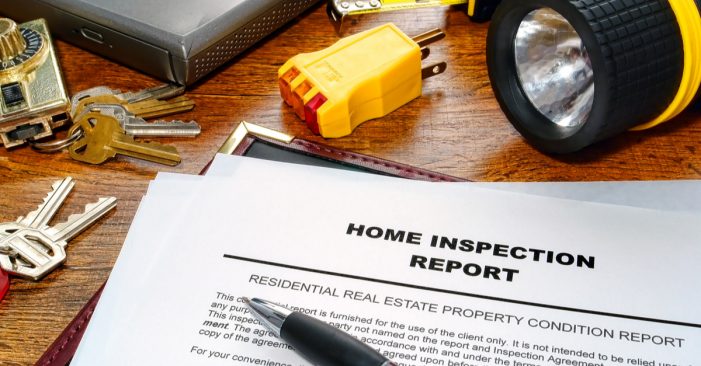By Doug Hastings, Kapre
When thinking about becoming a home inspector, you should consider the industry expectations. The days of the contractor walk-thru inspection are over. In all communities, large and small, the expectation of the home inspector’s ability is higher than ever. When you hang a sign calling yourself a home inspector, you better be ready to meet a high standard of performance.
Initially, real estate salespeople were reluctant to embrace the home inspector. As the industry grew, agents began to accept the home inspector, but demanded professionals. In today’s real estate industry, agents are okay with the home inspector finding issues during the transaction, as long as they are actual problems. Home inspectors essentially need to perform at the same level as a licensed contractor. They need to be experts in all facets of the home, from foundations to roof shingles, from furnaces to electrical panels, from wet basements to mold. In other words, today’s home inspector must be highly trained in order to succeed. If you want to become a home inspector, ask yourself the following questions:
1. Do you know all the systems and components of a home?
As an instructor of 26 years, I have never met a student who, at the end of their inspection training, wasn’t completely overwhelmed and exhausted. Most students, regardless of their background, are shocked by the amount of technical knowledge they still needed to learn.
2. Do you know how to identify all the potential problems of each system and component?
A home inspector not only needs to know each and every part of the building, but they need a unique skill set that allows them to identify each problem within these systems and components. It’s one thing to know what a furnace is, but another thing to be able to tell someone why it’s unsafe and needs to be replaced.

3. Do you know old homes as well as new homes?
Old homes perform differently than new homes. A competent inspector must be able to recognize that. For example, moisture intrusion in an old home is bad and needs to be stopped, but moisture intrusion in a new home, with much lower drying potential, could be devastating and should be a high concern for decay and mold.
Thinking about a home inspection career? Download the Launching Your Home Inspection Career eBook.
4. Are you capable of explaining what you know to a customer?
Successful home inspectors need to be able to communicate their findings, both verbally and in a high quality physical document. Often, it’s not what you say, but how you say it. Great communication is one of the major keys to controlling liability and providing customer satisfaction.
5. Do you have any designations that support your ability to inspect a home?
Unless your customer is a repeat customer, your client will likely not know you. As customers shop for a qualified inspector, they will be looking for industry designations that make you stand out from your competition.
If you answered “no” to any of these questions, you may not be prepared to become a home inspector yet.
Home inspection is not rocket science, and it can be learned and in a reasonably short period of time. However, all future home inspectors will need training. You should look for an industry-recognized school that offers classroom instruction, a hands-on training lab, and multiple live field inspections. With the right training, you’ll be prepared to answer “yes” to all five of these questions.

